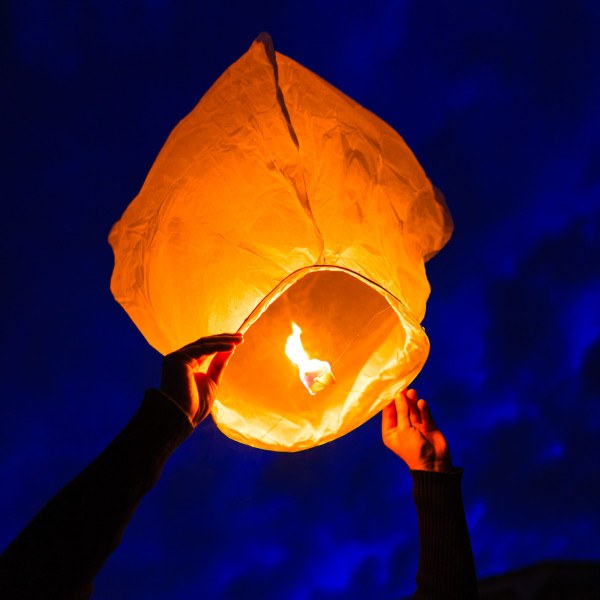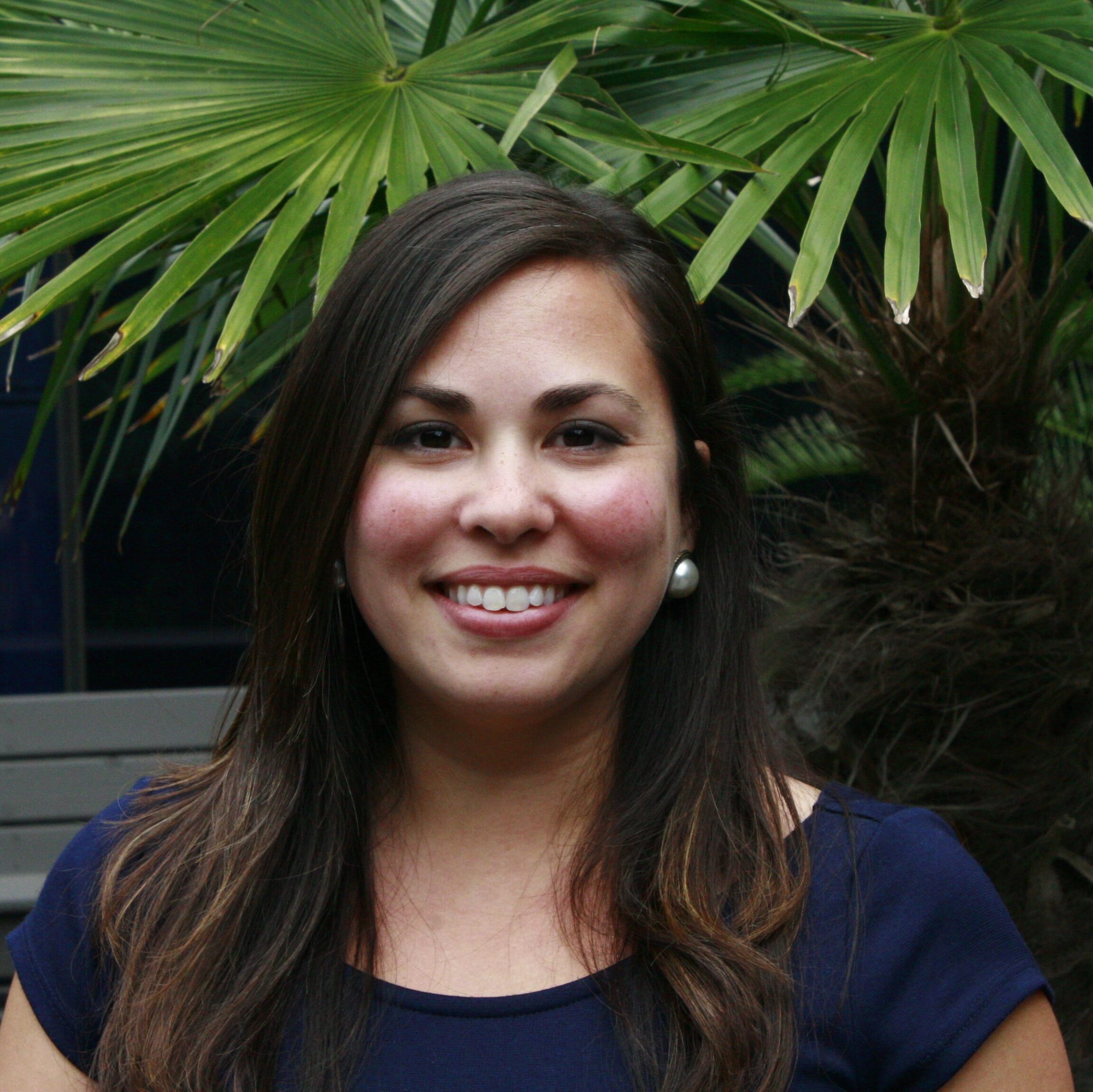Your Heart-Healthy Tip For the Holidays
Is there someone you’ve been trying to forgive?
Everyone can relate to feeling wronged. To be human is to suffer. Whether it be by others or ourselves, we are bombarded with daily circumstances that hold potential to hurt us. Yet, from our youth, we are taught to “forgive one another.” For many of us, the word forgiveness can often trigger feelings of guilt, anger, defensiveness and even shame. Perhaps it is because the act of forgiving appears to be something we give to others – and maybe we are not yet ready to give from a still-wounded heart. We think, “If I forgive, the other person wins”.
Hurts build from day to day, and in our busy lives we fail to give each one the attention it deserves. We hope our hurts will somehow resolve themselves. The all-too-common result is a build-up of negative emotions, both in our hearts and in our relationships. Feelings of bitterness, resentment and anger begin to grow in our hearts, hardening us from the inside-out. Though invisible, this process has potential to bring us to a very real place of painful isolation – even from ourselves. Rather than risk vulnerability to forgive – we cling to the safer option of staying in our pain. Forgiveness, however, is the very thing we need for freedom and healing!
Fact: Forgiveness Is Good For Your Health
Unforgiveness lives as a constant threat to our connection with others and with ourselves. When anger and resentment take the place of forgiveness, they deplete our health and add stress to our body. Freedom comes in shifting our framework to see: we are not obligated to forgive, we are FREE to forgive. Countless studies show that practicing forgiveness begets a decrease of toxicities such as stress, tension, levels of depression, anxiety, and anger (Plante, 2014).
What Is Forgiveness?
Forgiveness is the act of compassionately releasing the desire to punish someone or yourself for an offense, according to Dr. Judith Orloff. The act of releasing something that is causing us distress brings the possibility of freedom and connection. In the hustle and bustle of preparing for the holiday season, we can remind ourselves of what we truly value. Perhaps it is connection with ourselves and those we love. If there is something weighing on your heart or dividing you from others – consider taking steps towards forgiveness. Forgiveness is not the same as reconciliation, nor does it mean enduring abuse. It means that we are taking steps to ensure that resentment holds no power over us.
Steps Toward Forgiveness
- Confront your feelings, honestly.
This task requires courage and self-compassion. Understand that any authentic feeling is valid, and courage is an ally as you uncover the truth about your hurts. Remember that everyone has the capacity to be hurt, it comes with being human! Practice compassion with yourself as you explore your hurt.
- Process your feelings with trusted people.
This can be a trusted friend, a religious leader, a therapist or a family member. This step is not to be done with the offender, but with someone who can provide a compassionately honest response. Attempt to search your feelings for increased insight and growth.
- Befriend imperfection.
The ultimate goal of this step is to develop compassion for the offender. This step is begun, however, by merely getting in touch with how every person is flawed and imperfect. Each of us is the way we are for a reason, and compassion for self and others can go a long way in the process of forgiveness. Peruse resources by Dr. Kristin Neff and Dr. Brene Brown for help on the art of compassion. Once you’ve gotten comfortable with it, you can begin cultivating compassion for the offender. For example, “Maybe he has never felt validated in his life, which is why he invalidated me.”
In this step, visualize exchanging your chief negative emotions (anger, hurt, resentment, etc.) with peace. It may help to develop a mantra (“I am okay” or “I am loved”). It can also help to meditate on the words “compassionate release”, as previously mentioned in the definition of “forgiveness”. The act of releasing is often uncomfortable, yet exquisitely freeing. The process of releasing may require multiple attempts until fully released, so do not be dismayed if old wounds return occasionally.
The best news about forgiveness? It’s free to you! This holiday season, help yourself to the blessing of forgiveness.
Good luck in the journey!
Lesley Anne Mendonça
M.A., LMFT-Associate, LPC-Intern
Supervised by Dr. Amy Fuller, LMFT-S, LPC-S











